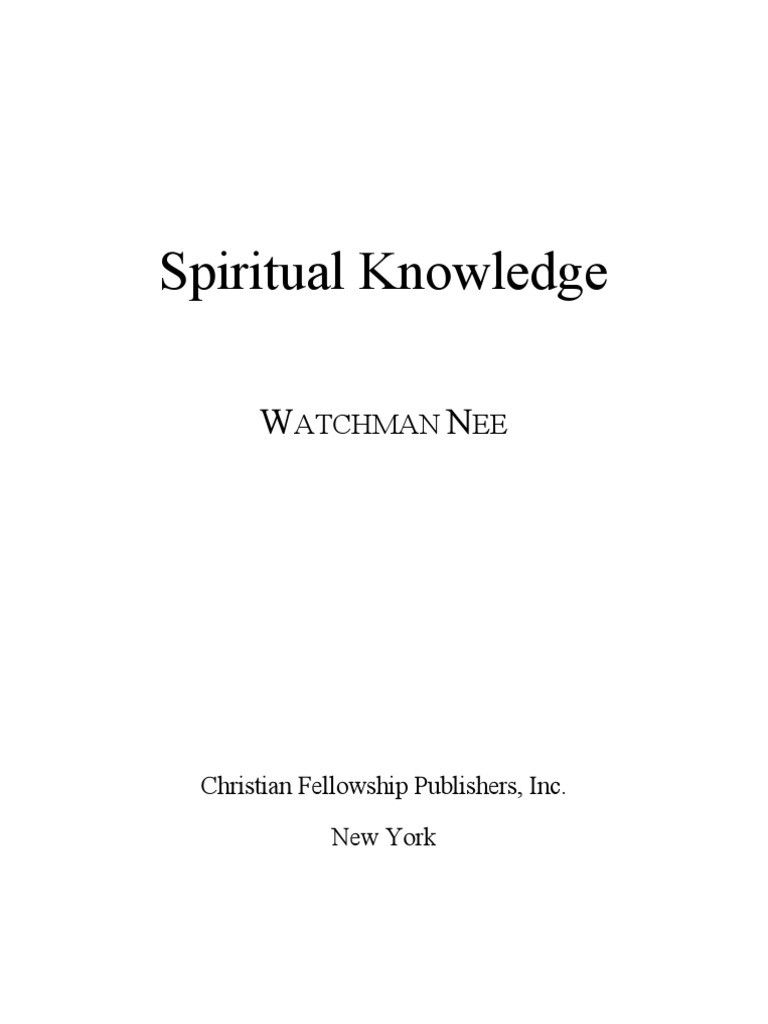In the vast tapestry of human belief systems, the Bahá’í Faith presents an intriguing confluence of spiritual insight and progressive thought. At the core of Bahá’í teachings lies the tenet of acquiring, verifying, interpreting, and ultimately applying spiritual knowledge. This methodical approach is pivotal, not merely as a path towards individual enlightenment but as a mirror reflecting the collective aspirations of humanity.
The initial phase, verification, is indispensable in the pursuit of spiritual knowledge. The Bahá’í Faith emphasizes the importance of independent investigation of truth. This principle invites adherents to seek understanding through personal inquiry rather than blind allegiance. By validating the essence of spiritual insights gleaned from diverse sources—whether through scriptures, religious teachings, or personal experiences—one cultivates a nuanced perspective. This practice engenders a sense of authenticity, enabling individuals to forge a profound relationship with their faith that transcends superficial engagement.
Moreover, the act of verification can serve as an intellectual antidote to dogma. It fosters a dynamic dialogue between the seeker and the text, illuminating hidden meanings and contemporary relevance. This active engagement with spiritual doctrines allows for a more profound grasp of the Bahá’í principles, such as the oneness of humanity and the interconnectedness of all existence. Abdu’l-Bahá, the son of Bahá’u’lláh, elucidated that true understanding involves wading through layers of meaning to uncover the gems that solidify one’s faith.
Following verification, the process of interpretation becomes essential. Each person’s unique experiences, social contexts, and intellectual backgrounds contribute to the richness of interpreting spiritual texts. The Bahá’í teachings encourage individuals to approach interpretations with a spirit of humility and open-mindedness. This multifaceted lens through which one can explore sacred writings invites a deeper appreciation of life’s complexities.
Interpreting spiritual knowledge through a Bahá’í lens entails recognizing that truth is not static. While the foundational teachings remain constant, the understanding of these teachings can evolve. As society progresses and human needs shift, so too does the application of Bahá’í principles to everyday life. This fluidity underscores the importance of personal development and the continuous quest for truth as an ongoing pursuit rather than a destination.
Among the remarkable features of the Bahá’í Faith is its profound emphasis on practical application, which is the third phase of engaging with spiritual knowledge. The teachings inspire believers to integrate their spiritual understandings into the ethical, social, and practical dimensions of everyday living. The principle of service to humanity stands as a cornerstone of this application.
Engaging in acts of service cultivates a spirit of humility and compassion. Bahá’ís are encouraged to contribute positively to their communities and to the world at large. This reciprocal relationship between individual growth and communal responsibility is vital, evoking the image of a rippling pond where each act of kindness sends forth waves of change. This concept resonates deeply, as it emphasizes that the spiritual journey transcends personal enlightenment and directly impacts society.
The Bahá’í Faith further expounds on the significance of unity. The transformative power of fostering unity among diverse groups resonates throughout the teachings. By applying spiritual knowledge to advocate for social justice, equality, and the eradication of prejudice, Bahá’ís embody the teachings in their relationships and interactions—creating a microcosm of the unity they envision for the broader world.
As seekers refine their interpretation and application of spiritual knowledge, they may experience a profound sense of connection with the divine. This divine relationship is nuanced; rooted in trust, it flourishes through prayer and meditation. Spiritual practices serve as conduits for reflection and communion with the divine. Engaging in these practices nurtures the soul and facilitates greater insight into both personal and collective spiritual journeys.
However, the path of verification, interpretation, and application of spiritual knowledge is not without its challenges. It is often punctuated by doubts and existential queries. Yet, within the Bahá’í framework, encountering and embracing these uncertainties can lead to richer understandings. Rather than shunning doubt, recognizing it as a natural part of the spiritual odyssey can deepen faith and resilience. Such experiences galvanize individuals toward profound insights, ultimately enriching their spiritual lives.
Critical to this overall journey is the sense of community nurtured within the Bahá’í framework. Engaging in collective discussions and study groups allows individuals to share their findings and interpretations. This communal exchange of ideas is pivotal, providing diverse perspectives that enrich each adherent’s understanding. It creates an environment ripe for intellectual stimulation, nurturing an atmosphere of cooperative growth.
In conclusion, the Bahá’í teachings surrounding the verification, interpretation, and application of spiritual knowledge resonate deeply within the human experience. They invite seekers to embark on a conscious journey of discovery that illuminates the inherent oneness of humanity, fosters personal growth, and inspires responsible action. This holistic model not only cultivates personal enlightenment but also contributes to the collective evolution of society. The practice of engaging with spiritual knowledge is, thus, a timeless pathway not merely towards personal truth but towards the realization of a unified, just, and peaceful world.
